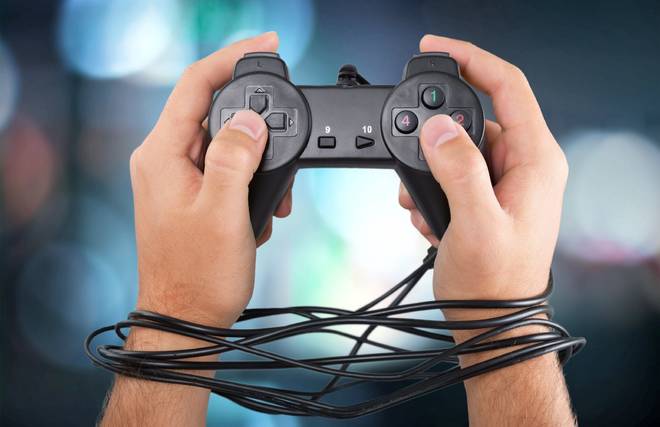WHO classifies “gaming disorder “ a mental health condition
People who obsessively play video games know how to look out for dangers in virtual worlds. Now they should be on guard for real danger in the real world—spending too much time playing. It is official. Gaming disorder is, well, a disease, according to a new classification by the World Health Organisation. In the latest […]


People who obsessively play video games know how to look out for dangers in virtual worlds. Now they should be on guard for real danger in the real world—spending too much time playing.
It is official. Gaming disorder is, well, a disease, according to a new classification by the World Health Organisation.
In the latest revision to the International Classification of Disease (ICD11), WHO says compulsively playing video games now qualifies as a mental health condition—one known as “gaming disorder”, with code 6C51.
The categorisation confirms what some parents have feared and has led critics to warn it may risk stigmatising too many young video players.
It is the first time the classification will include “gaming disorder”. Its last revision 18 years ago—the ICD10—included “gambling disorder, especially offline.
Now the inclusion of online gaming updates the classification for 21st-century problems and realities of mental health disorders.
“Gambling disorder was included in ICD 10 but gaming has now been added because of very clear, scientific evidence that it has characteristic signs and symptoms and there is need and demand for treatment from many regions of the world,” says Dr. Shekhar Saxena, director of WHO’s department for mental health and substance abuse.
Only a minority of people who game will satisfy the strict criteria for gaming order, but having signs and symptoms clearly spelt out will aid diagnosis.
“That’s why it has been inserted, and obviously this will help people to become more aware about this entity and also seek and get treatment.”
The ICD is a common, global classification to map and classify disease and injury around the world. It allows health workers, policymakers, programme planners and implementers in health care to have a common register.
ICD categories for mental disorders have “simplified and diagnostic descriptions have been put in so that they are easily understood and easily applied by any health care worker.”
“For mental disorders, the treatment gap is very high. Out of 100 people who suffer from mental disorders, on an average 70 to 80 do not receive any treatment.”
WHO’s objective is to simplify the procedure so every health care provider can easily identify and treat the conditions, which will help decrease the burden.
So what is gaming disorder?
According to ICD11, the condition is characterised by a pattern of “persistent or recurrent gaming behaviour”—of digital or video game—primarily on the internet.
It is manifested by
· impaired control over gaming (e.g., onset, frequency, intensity, duration, termination, context);
· increasing priority given to gaming to the extent that gaming takes precedence over other life interests and daily activities; and
· continuation or escalation of gaming despite the occurrence of negative consequences.
In severe addictions, the pattern of behaviour may result in “significant impairment” in personal, family, social, educational, occupational or other important areas of functioning.
The pattern may also be continuous or recur in episodes.
The gaming behaviour and other features are normally evident over a period of at least 12 months in order for a diagnosis to be assigned, although the required duration may be shortened if all diagnostic requirements are met and symptoms are severe, according to ICD11.
